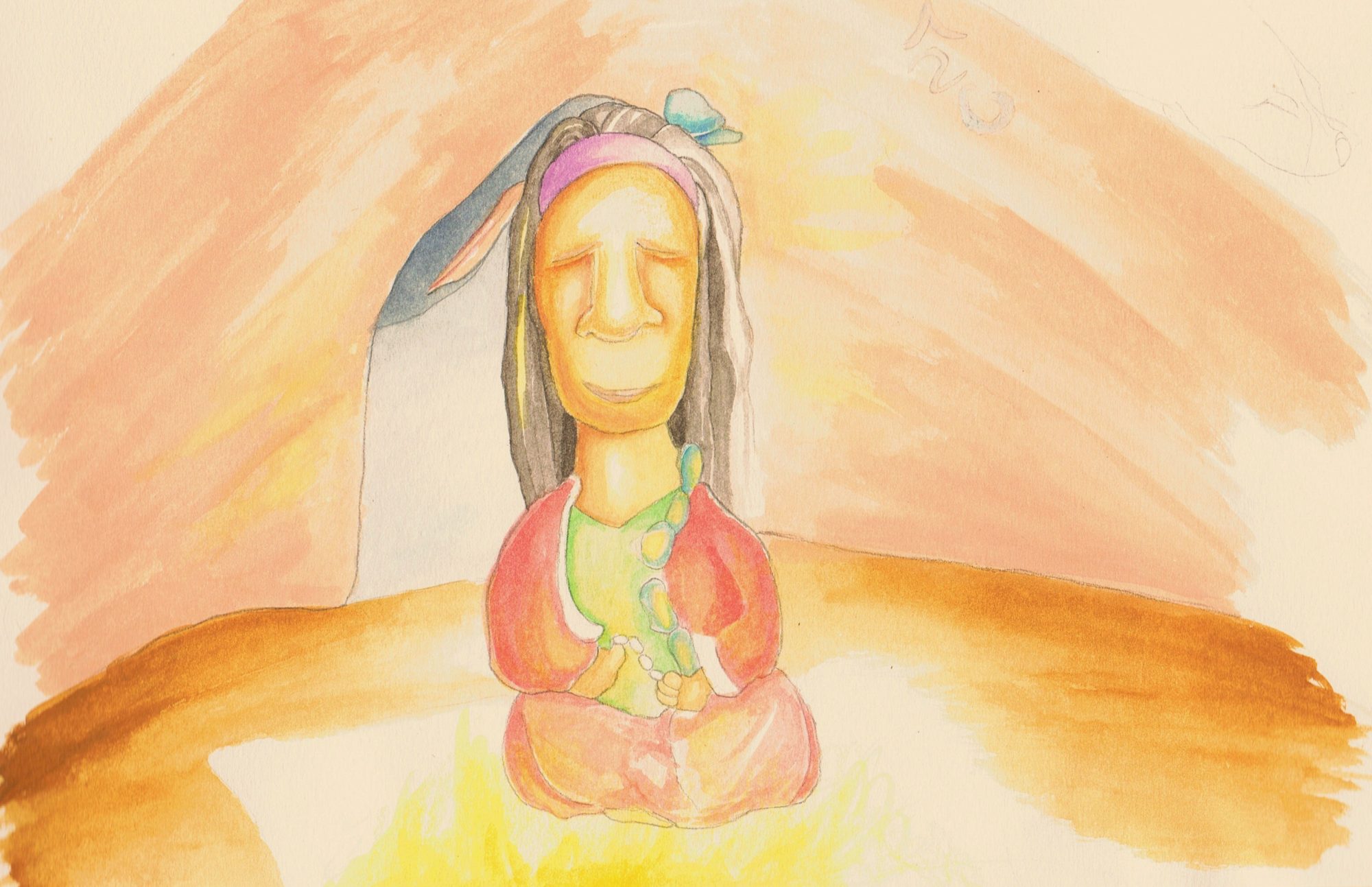An Ideology is a set of beliefs.
The Ideology of Belief is a set of beliefs about belief:
1. Beliefs are either true or untrue. When they serve me, they are true and when they do not, they are untrue. A fact is true or false, a belief is true or untrue.
2. Beliefs determine perspective. My perspective relates to my story, which is factual. My story is never a fiction but I can falsely describe it, with a lie. A lie describes my story from a false perspective. When I lie to myself, I believe my own false perspective of my own story. When my beliefs are untrue, they can cause a conflict between my perspective and my behaviour. Behaviour follows sub-conscious belief and experience is relative to conscious perspective. My perspective causes my experience, which qualifies my behaviour and endorses my belief. Experiences that defy belief are unbelievably surreal.
3. Beliefs formulate into sub-conscious programmes. My sub-conscious programming operates in alignment with my beliefs. I am unaware of my sub-conscious beliefs until I consciously challenge them. I am conscious of other people’s standards being imposed on me, as their boundaries of acceptable behaviour. My standard of acceptable behaviour is a programme of other people’s boundaries, until I personally challenge and change it. When I believe that I am misbehaving, by crossing someone else’s boundary, I can challenge that belief and bring it into alignment with my own truth. The fact is that my standard is someone else’s boundary until I consciously own my own beliefs because they conform to my own personal standards. A Truth is a belief that I personally own because it is integral to my standard of good behaviour.
4. A belief is a mental meme encoded within a physical gene. A gene is a piece of physical information, which conveys a mental meme. A meme can be both individual to a person and the collective belief of a culture or society.
5. Beliefs are changeable, opinions are easily changeable and convictions are difficult to change. When I change a belief, I change a behaviour, I change the mood and I change the experience. When I change my experience, I change my perspective. My mood either empowers or disempowers my perspective in a positive or a negative way. Changing a belief changes the meme, changes the mood and changes the genetic sequencing because these are the three aspects of my spiritual blue-print.
6. Genes, Memes & Moods are the physical, mental & emotional aspects of my belief system. My sub-conscious programmed belief system operates in relationship to my physical genetic sequencing. My beliefs form from a sequence of physical experiences. When a new belief goes viral, cell redundancy goes viral. Old cells with old genetic sequencing find their redundancy is the consequence of changing beliefs, behaviours and moods. They cannot reconcile new sequencing with old programming.
7. I am who I believe myself to be. My character is genetically formed in alignment with my beliefs about who I am. My personality determines the moods that I experience, relative to the character that I believe myself to be. It is my fate to play out the character of the personality with which I have been programmed in my early years of life.
8. An untrue belief is a meme that belongs to another’s belief system, which I have never challenged & changed; so it still sub-consciously drives my negative behaviour. A true belief is one that allows positively beneficial behaviour, so I have no reason to challenge it. What other people believe may be true or untrue for me: Axioms, adages, idioms, proverbs, platitudes, maxims & old wives tales are all examples of memes that we sub-consciously adopt by default and have never challenged. Whatever is running as a sub-conscious programme is determining conscious behaviour.
9. A Limiting Belief is a toleration. A negative meme causes a negative mood, which is a toleration. A toleration is unacceptable because it is an energy drain, which is disempowering and causes a bad mood. Tolerations limit my emotional power because they have a negative polarity, which is always a problem. Family Principles, Religious Morals, Professional Ethics, Institutional Rules, Government Laws and an Elitist Etiquette are all examples of other people’s Ideological Belief Systems. They are ideologies that sub-consciously drive my mental operating programmes because I have never consciously challenged their authority to influence my behaviour. I have sub-consciously adopted their boundaries and their beliefs as my standards of behaviour because I never believed in my own personal authority to determine my own Ideology of Belief.
